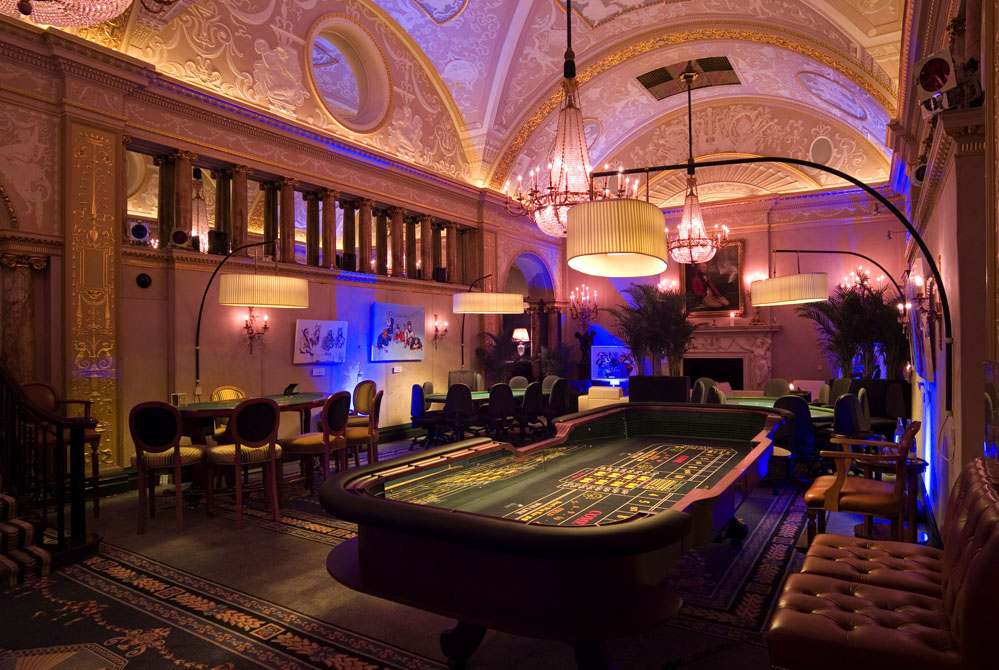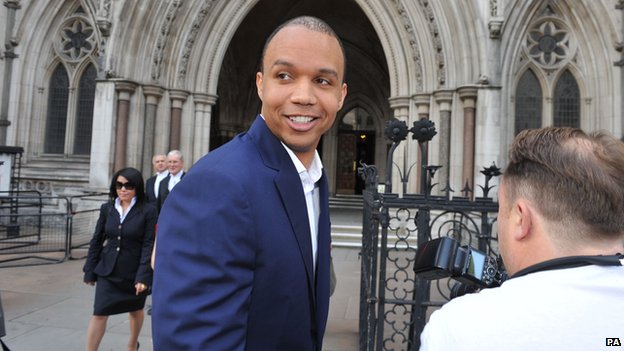As we have reported numerous times, Phil Ivey sued the Crockford’s Casino after the establishment refused to pay out his winnings of 7.7 million British Pounds, claiming that the "Edge Sorting" technique Ivey used to win are illegal. On Saturday Ivey appeared in the High Court in London to defend himself and his reputation.
According to BBC, Ivey told the High Court in his opening statement that he would never cheat in a casino, and told the court his actions were completely legitimate:
"I consider that I would not be doing my job very well if I did not seek to use to my benefit weaknesses that I identify in the way that casinos set up or offer particular casino games. I use a variety of strategies whilst playing in casinos. No system is fail-safe and each time I play I risk failing to execute the strategy properly – some of these are very complex or difficult to execute – which usually results in me losing a lot of money."
"I consider all the strategies I use to be lawful and I would never cheat in a casino. It is not in my nature to cheat and nor would I risk my reputation by acting unlawfully in any manner."
The owner of Crockfords, Genting Casinos UK claimed that Ivey’s practices were illegal, which means there was no gaming contract, so they are not required to pay him.
Richard Spearman, Ivey’s counsel told the judge, Mr. Justice Mitting, that his client was merely using information that was available to any player from watching the backs of the cards and making requests on the manner in which play is conducted.
Ivey then added the following, which shows why Ivey is considered the best poker player in the world – he is constantly looking for an edge.
"We observe the unwritten doctrine: how do I find a legal way to beat the house? Any method that could amount to cheating would breach the doctrine and cause you to be ostracised by your fellow players – we are all very careful to stay the right side of the line and we discuss advantage play strategies at length."
Ivey is also very concered with protecting his reputation against the casino’s claims:
"I am highly successful in my job as a poker player and professional gambler and I would never do anything to risk my reputation. My integrity is infinitely more important to me than a big win, which is why I have brought these proceedings to demonstrate that I have been unjustly treated."
Ivey also talked about his partner, Cheung Yin Sun, who he calls by her English name "Kelly".
"We won substantial sums of money doing so and we also lost substantial sums along the way when we got the strategy wrong or were not able to execute the sorts because of effective casino game protection methods. At all times when edge-sorting, I considered that Kelly and I were playing lawfully and it never occurred to me that edge sorting could ever be viewed as an unlawful strategy. I continue to believe that it is lawful."

The Crockfords Casino
A ruling on the case is expected by next week, and several poker pros shared their opinions with PokerListings regarding Ivey’s methods and the likely outcome of the case. We have previously written about Daniel Negreanu’s thoughts about the matter, now Gary Benson, who has been in the gambling world for almost 30 years said that if Ivey was able to outsmart the casino, he should be paid, and that the casino is going to ruin it’s own reputation.
"If he was smart enough to sort the edges than good luck to him. I think he should be paid. I think he should win the case. I wouldn’t want to play at a casino that has a reputation for not paying their players. Who would?".
Brandon Shack-Harris, who is currently leading the WSOP Player of the Year race is also on Ivey’s side:
"From what I’ve read it seems like it’s the responsibility of the casino. It seems like he got away with it for a long time. If something was off it’s the casino’s job to do its due diligence. I feel like they ****ed up. Lesson learned I guess. It’s hard to hate on a guy who’s just trying to find edges. Especially against a casino."
"I was in a PLO tournament with him and he said he wasn’t going to settle. He didn’t feel like he did anything wrong. He was pretty adamant about that. It really seems like the casino is more at fault I suppose. It’s not fair to be reverse freerolled like that."

